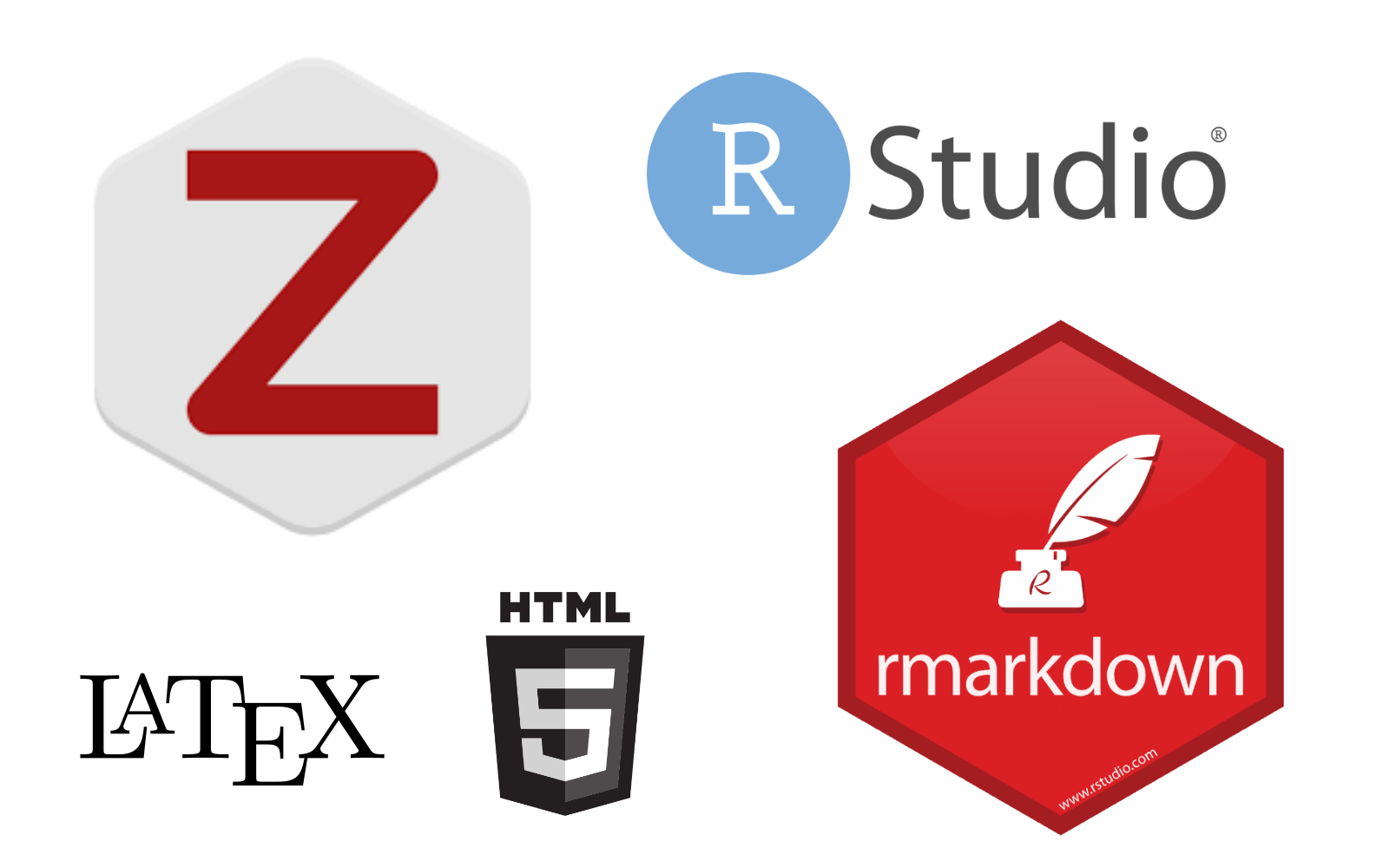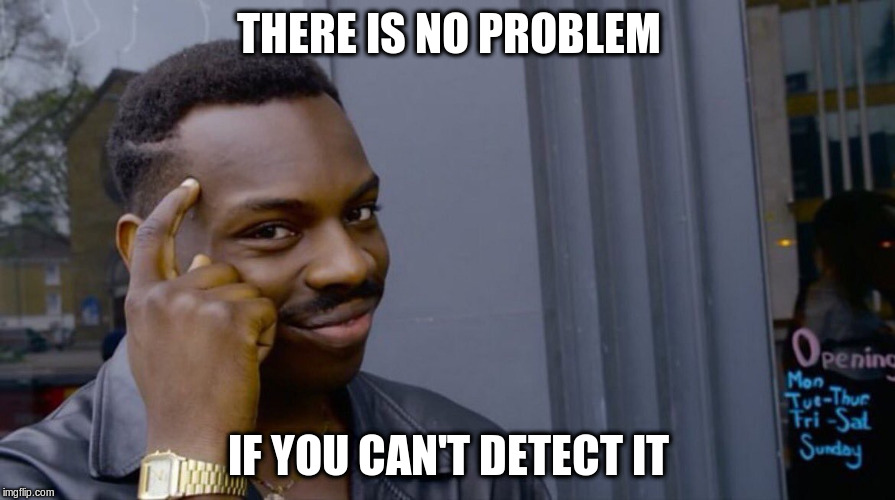Grind is a process of slowly getting valuable resources (be it experience points or loot) by repetitive and often simple tasks in video games. It has been present from the beginning of gaming but has become more widespread with the popularization of online RPG games because of their leveling systems and competitive elements.
It is highly criticized by gamers around the world for making games boring and work-like, yet many people specifically choose to play grind-heavy games. The reason might be because they find simple repetitive tasks relaxing and distracting from real-life problems, as a form of escapism.
However, there is also a gameplay reason for grinding: getting valuable resources early can make a game easier later. Some popular games like Diablo are even centered around grind. Thus, everyone will have to grind at some point to prevent gameplay from getting too difficult, which quickly becomes an inescapable habit. Later, gamers might apply grinding even to games that do not require it. Interestingly enough, grinding early on can also make the late-game boring because it is going to be too easy if the game was not designed for grinding. For example, in Subnautica, getting a lot of resources early on will make some of the late-game tools useless because all the resources that could have been gained with them have already been gained.
From the example above, we can see that grind does not always improve the gameplay. We can also see that it is not always a necessary process and can be either minimized or avoided entirely: sometimes, the need for it exists only in our mind, forcing us to diminish the fun of actually playing the game. Is it just a question of habit or is there any other reason for us to grind?











